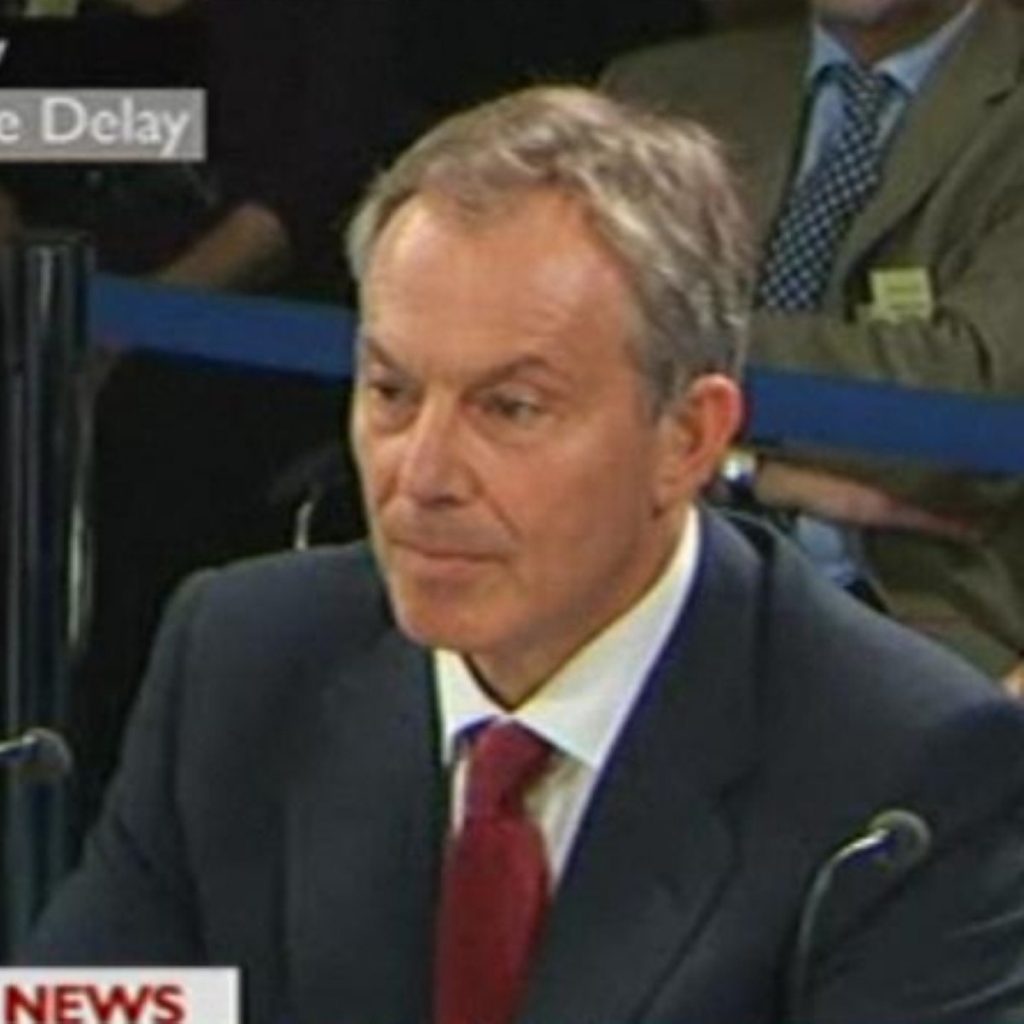Analysis: Undimmed Blair shines no light on Iraq
Fears that Tony Blair might be ‘ring-rusty’ proved completely unfounded. This was the masterful politician of old. More’s the pity.
It’s a shame Blair’s performance was so seamless. Apart from the occasionally cracking voice, more a function of hoarseness than deep and dark emotions, the ex-prime minister was as in command of the situation today as he was before the despatch box in March 2003. Ultimately what that meant was, despite many hours of evidence, there were few shock revelations.
The reappearance of Blair’s many verbal ticks was unnerving, but a reminder of the sources of his political vitality. “It’s absolutely right” were the first three words Blair uttered this morning: how appropriate, given the aftertaste of his performance was a curious mixture of conviction and hollowness. “Frankly,” he would say, when he wanted to make an artificially forced point. “I think it’s worth reflecting on,” emerged at one stage, as ecclesiastic as ever.


The substance – or rather, the deftness of his evasive qualities when confronted with matters of substance – matched the style. Only Tony Blair could talk about the legal justification for the war on Iraq without once confronting its awkward truths. Eventually Sir Roderic Lyne built up the momentum to ask him why, if the 1441 resolution was sufficient, British and American diplomats needed to go to the bother of seeking a second resolution. Blair didn’t answer it and, as is the Iraq inquiry’s tendency, the question was not repeated. After years of grillings on camera, in parliament, by voters and past inquiries, this non-forensic approach didn’t stand a chance. Blair is a master at this sort of thing.
This was Blair the politician, not Blair the decision-maker speaking from the heart. Would it have been different in an inquiry held behind closed doors? The answer to that must surely be the same as the answer to another question. Burrowing deep into Blair’s soul, are his fundamental motivations different to those of his public ones?
For the purposes of the Iraq inquiry, the answer is ‘probably not’. It is always going to be the case that Sir John Chilcot’s committee must spend much of its time drawing inferences about the motives of those it calls before it, assessing the pressures affecting them as much by what they do not as what they do say. Blair is no different; it is the eternal ambiguity of his position which makes the inquiry’s work so compelling – and so inconclusive.

